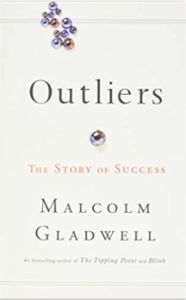
A review of
The review below was first published in the getAbstract Journal on Mar 17, 2014.
We’ve reviewed this title for you as we currently cannot offer a summary.
We’ve reviewed this title for you as we currently cannot offer a summary.
10,000 Hours?
by David Meyer
Bestseller Malcolm Gladwell explores what makes an outlier and the cultures that outliers outlie from.
By the same author
Book
Book
Book
Book
Book
Podcast
Podcast
Article
Article

























Comment on this review